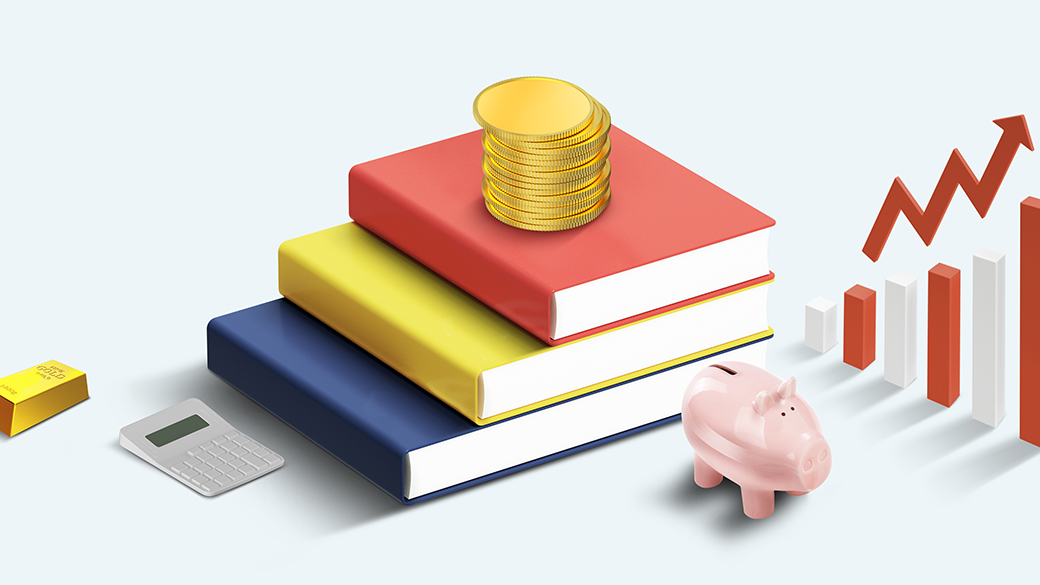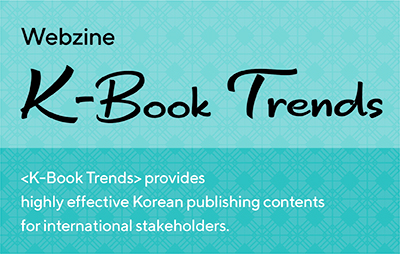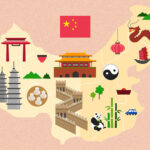
The Asian Financial Crisis that broke out in 1997 may have sparked the recent publishing trend of “money” and “wealth” in Korea. At this time when all the conventional wisdom of getting a good job, earning money, and pursuing a stable life without debts has broken, books such as <Rich Dad Poor Dad (Minumin)> that suggest a new perspective that debt can also be an asset claiming that people need to study about money, and <Who Moved My Cheese? (Jinmyoung)> that gives a lesson that only those that have overcome fear and adapted to changes can go through challenges, caught readers’ attention. Then, the “get rich fever” in 2002, best represented by the commercial copy – “Hope you become rich!” – of a credit card company, strongly struck the publishing market.
Readers, who became anxious due to restructuring in their company, early retirement, and the burden of inflation-driven household expenses, began to blatantly dream of becoming rich unlike before. Specific amounts of money such as 1 billion won, symbolizing “economic freedom” where you can live with financial income without having to continue economic activities, were set as goals. And as it was difficult to fill the bank account with a monthly wage only, people began reading financial books and those related to “investment” and “financial management” such as <Country Doctor’s How to Become Rich (Leaders Book)> and <Dear Young Koreans, Begin Money Management Now! (Hans Media)> sold like hotcakes in bookstores.
However, the Global Financial Crisis in 2008 had cut down on the popularity of economics and business administration books, not to mention self-development books. Books such as <Currency War (RH Korea)> and <Dangerous Economics (Thenan Contents Group)> had once been popular among readers in a bid to learn the flow of currency and the world economy right after the financial crisis. However, as the famous discourses of economists or advice from mentors did not provide realistic solutions, the disappointed readers turned their eyes to other types of books to seek consolation and better advice. Yet, with the global outbreak of COVID-19 in 2020, the market for economics & business administration and self-development books has revitalized once again.













